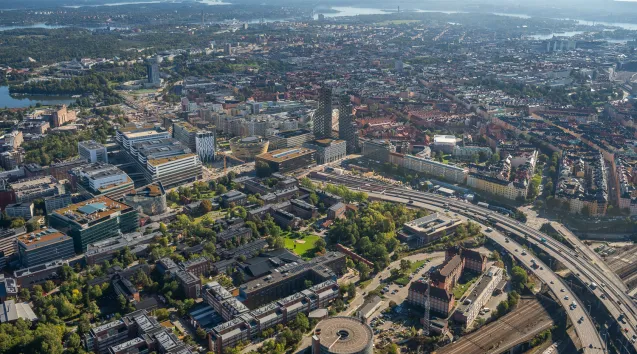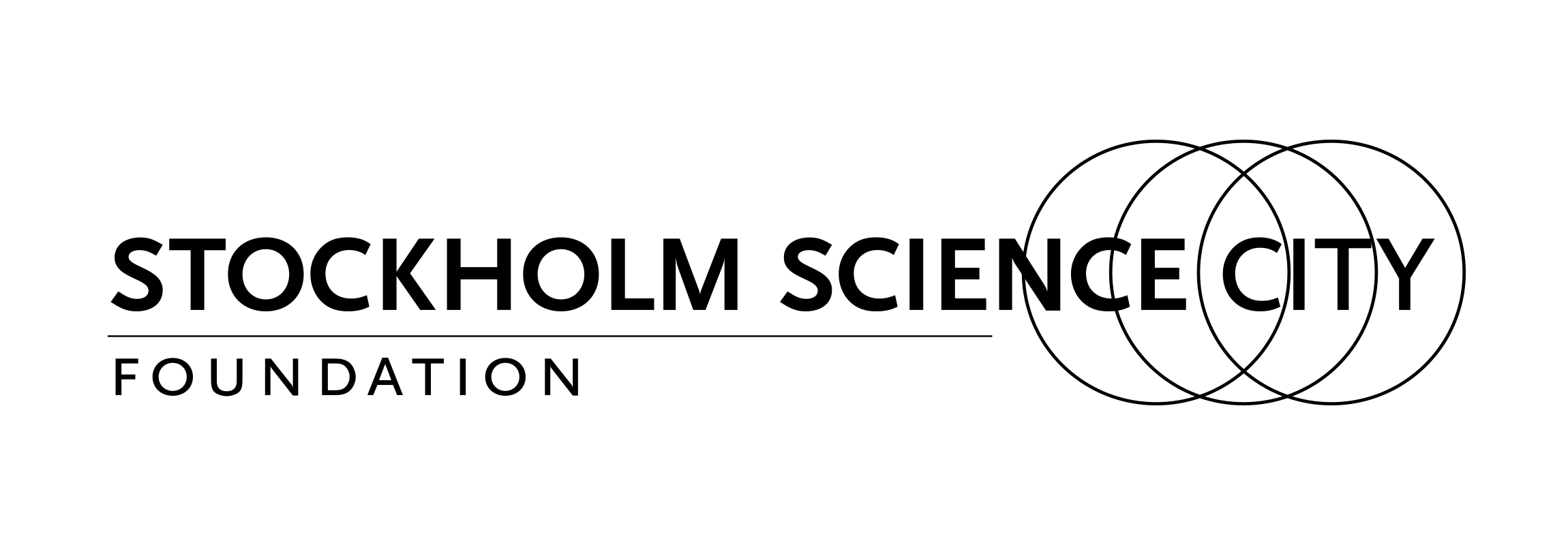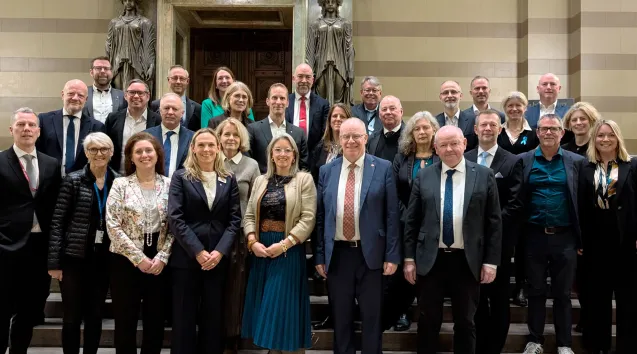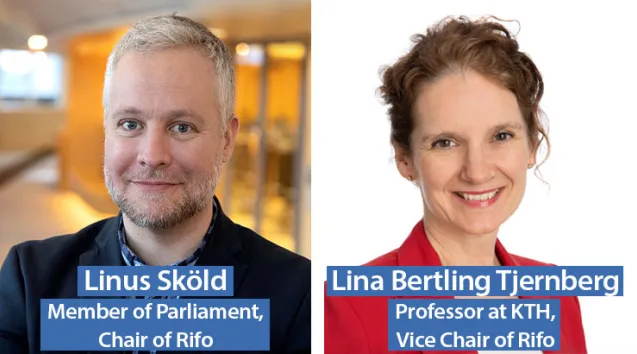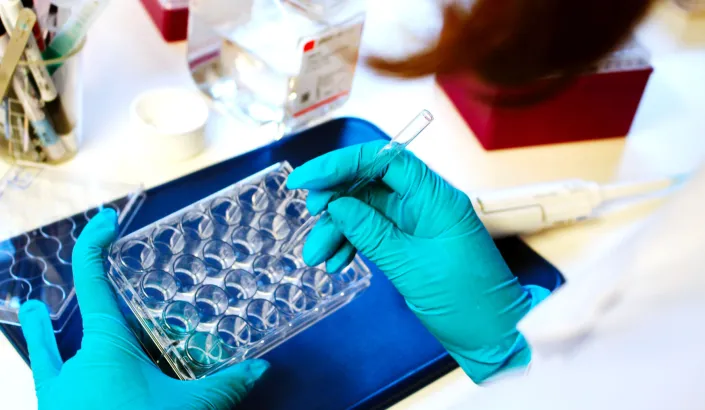AbbVie fuels life science with the Golden Ticket initiative
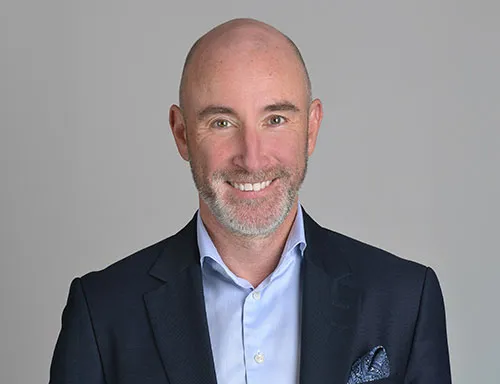
AbbVie is a research-driven global biopharma company based in Chicago with focus on discovering, developing and delivering innovative medicines that solve severe health issues in immunology (inflammatory bowel diseases, rheumatic diseases, immune-mediated skin diseases), oncology (different blood cancer diseases and solid tumors), neuroscience (migraine, Parkinson´s disease), eye care and psychiatric disorders.
– We have 55 000 employees globally and have grown significantly since our inception 2013 through the split from Abbott. In Scandinavia, we have 300 employees with headquarters in Stockholm and offices in Oslo and Copenhagen. AbbVie is worldwide on the Great Place to Work top list.
How do you view AbbVie's role in Sweden’s innovation ecosystem—particularly in relation to your collaborations with partners?
– We are and need to be part of the entire life-science ecosystem in Sweden. Bringing access to our innovative medicines to Swedish patients is, of course, the most important thing that we do. We also participate in the ecosystem in other ways, such as supporting early research to partnering with biotech, through clinical trials and Real-World Evidence data, partnering with patient organizations and patients to understand their unmet medical needs as well as healthcare to improve the standard of care, and educating about the correct use of our medicines.
Tell us about the Golden Ticket initiative for life science startups and your partnership with KI Innovations.
– AbbVie’s Golden Ticket is designed to accelerate very early-stage biotech companies developing novel, transformational therapies and innovations for immunology, oncology, neuroscience, eye care, aesthetics, or other specialities of interest for AbbVie. The Golden Ticket program offers the opportunity to secure one year of funding for lab space, mentorship, scientific exchange and expertise to support the development of the Golden Ticket winner. The Golden Ticket was first introduced in the US in 2018. It has since been available in several life-science hubs, including Heidelberg, London, Boston, Cambridge, Chicago, San Francisco/Silicon Valley, and Lund, through local innovation hubs.
What made Hagastaden the right location for AbbVie?
– The physical location in the dynamic life science cluster around Karolinska Institutet and Karolinska University Hospital, which makes collaborations and networking even smoother, as well as attracting and retaining the best talents, were important factors. We also wanted a modern office that facilitates collaboration and well-being among employees. Hagastaden and Forskaren fulfill these needs perfectly. To be honest I think Hagastaden can already be viewed as the capital of Nordic life-sciences and can become our own Kendall Square.
Looking ahead, what are your key priorities for the coming year?
– High level priority for myself with our teams is bringing scientific discoveries to better patient care across the Scandinavian countries. We also need to ensure that access to the best possible care is equally accessible across the country and regions in Sweden. In practice this means negotiating with national and regional payer organizations for reimbursement of our products. Discussing the value of innovative medicines with policymakers and healthcare organizations and what changes are required to be made. I also want to act as a link between the Swedish life-science community and AbbVie’s global R&D organization.
As a board member of both Lif and Medicon Valley Alliance, how do you view the Swedish life science industry's…
…greatest strengths?
– Strong history and broad industry footprint. High level of scientific, entrepreneurial and commercialization capabilities and clear strategic intent of the politicians to make the life-science industry even stronger. Key strength is also the openness for collaboration.
…biggest challenges?
– Venture capital funding is scarce for biotech’s all over Nordics and Europe at the moment. Sweden is regionally scattered, and we see that access to innovative treatments is not equal, and the availability of healthcare data varies as well. Sometimes there are also duplicate efforts in different regions when things would bring more value at a national level.
What’s your favourite spot in Hagastaden—and why?
– It has to be the rooftop terrace at Forskaren during the Summer months - longing for lunch breaks up there right now 😊
Current news from Stockholm Science City
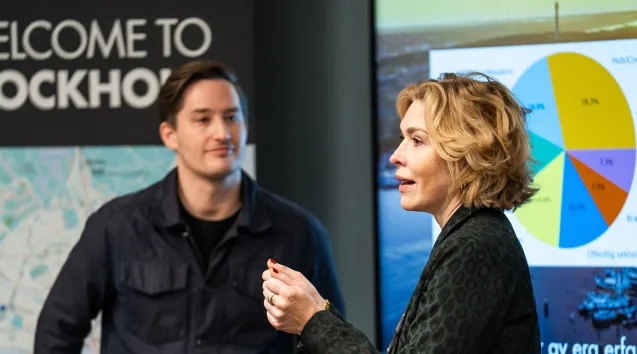
Startup Forum ensures that Stockholm continues to be one of the world’s best startup cities
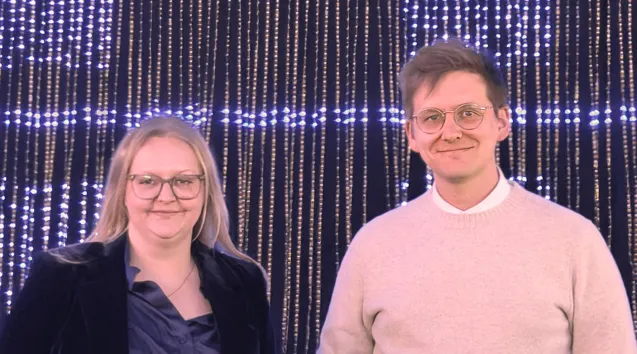
Meet Anna and Joel, new Investment Managers at SU Holding
